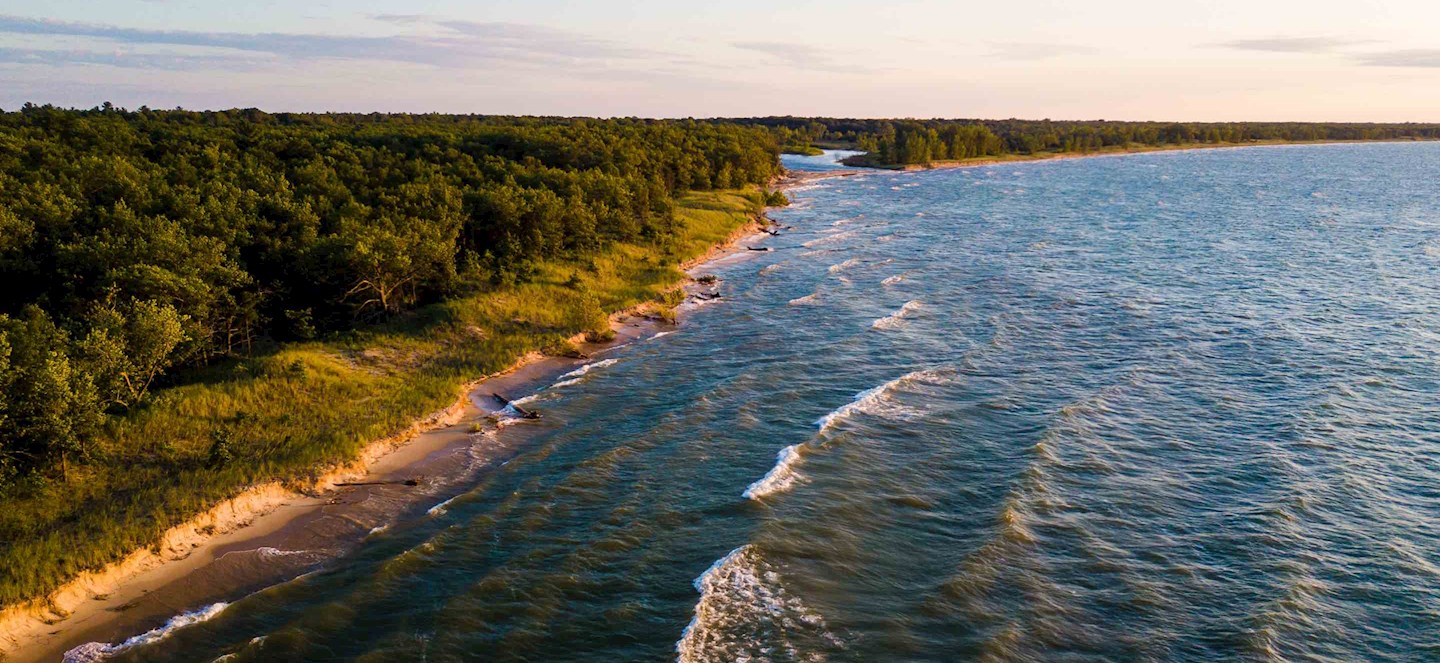
Water Alliance Director Joan Rose
The recent water headlines in the news are daunting. Our beaches are closed and are not safe for swimming just as we enter our recreational season. PFAS and other emerging contaminants of concern are showing up in our water and food supplies. Associated with climate change, heat waves, storms and disasters are now common global events. Diseases and outbreaks (norovirus, bird flu) in humans and animals are creating an anxious feeling surrounding our health. Invasive species threaten our beautiful ecosystems and the fish and birds that rely on healthy aquatic environments. And finally, the large price tag to address our aging infrastructure (e.g. wastewater, septic tanks and small drinking water systems) is looming over our communities.
How will we solve these water crises? Welcome to the MSU Water Alliance. Our faculty and specialists are coming together to address these critical and complex problems through interdisciplinary efforts. The Water Alliance brings technology, science, engineering and big data together with water science. We have teams addressing health and water, protection and restoration of our aquatic ecosystems, and supporting community water sustainability.
In particular, our faculty, specialists and students are focusing on a number of significant issues.
Water and health: Teams are examining PFAS in water, sludges and the food supply (including fish). MSU is leading the State of Michigan and the nation in wastewater surveillance of a variety of diseases, including emerging antibiotic resistance, to watch the health of our communities. Public health at MSU is arising to support the health directly in local communities, addressing access to water and sanitation and using source tracking tools to understand impacts of septic tanks for example on beaches.
Aquatic Ecosystem Resilience: The impact of invasive species, the stresses on key aquatic wildlife and the study of the land-water interfaces to protect ecosystem services are important science being undertaken at MSU. Climate and human influences are specific areas of interest.
Community Water Sustainability: To really achieve sustainability, this group is interested the social dimensions of water, use of water for food, energy as well as for the community. Here there is no doubt that improving access to innovative technology and better data to improve the circular economy associated with water/wastewater will enhance understanding and decision making. Finally, building resilience to climate-induced effects including on food-agricultural systems are key to our future sustainability.
While on the one hand the water problems are tremendously challenging, leaving us with pessimistic feelings, to see the intellectual, innovative and energized talent as part of MSU Water Alliance to address these issues can only make one feel optimistic about our water future here in Michigan and around the world.

